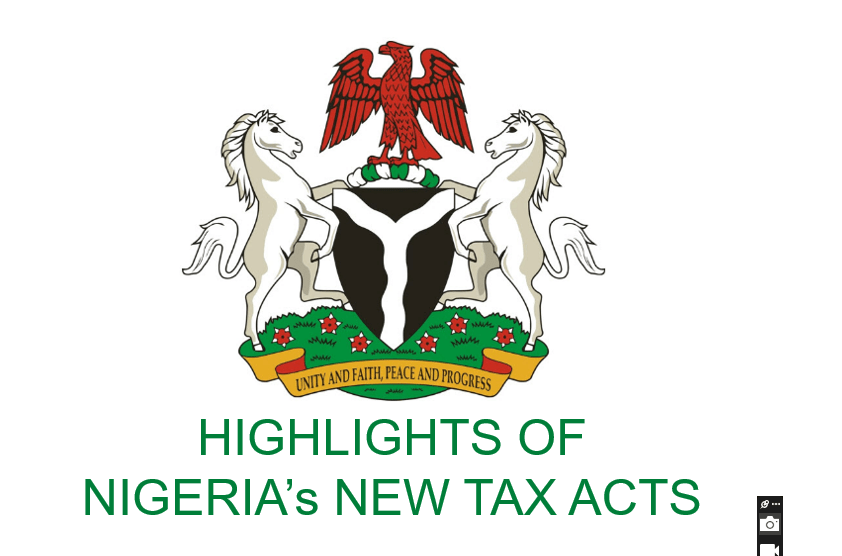The Presidential Fiscal Policy and Tax Reforms Committee has released detailed clarifications to address growing concerns among Nigerians in the diaspora regarding the new tax reforms scheduled to take effect in 2026.
Key Highlights:
- Family remittances, gifts, refunds, and community savings are not taxable income
- Income earned abroad by non-resident Nigerians is exempt from Nigerian tax
- No double taxation: Nigeria to apply relief even where no treaty exists
- Remote workers taxed based on country of residence, not payment source
- Pensions and stipends from abroad exempt unless earned for work done in Nigeria
- Simplified TIN registration and filing processes introduced through TaxProMax
In a statement the Chairman of the Presidential Fiscal Policy and Tax Reforms Committee, Taiwo Oyedele, said the committee’s goal is to create a fairer, clearer, and globally competitive tax system that benefits both residents and Nigerians abroad.
According to the committee, “genuine personal transfers such as family remittances, gifts, refunds (e.g., flight tickets), or community savings contributions are not treated as taxable income.” Only income earned or deemed to be income; including wages, business profits, and investment returns will be subject to tax.
On the issue of double taxation, the document explained that income earned abroad and brought into Nigeria by a non-resident is specifically exempt from tax, whether or not it was taxed abroad. Nigeria also maintains Double Taxation Agreements (DTAs) with several countries, and the new law ensures that where a DTA does not exist, unilateral relief will prevent the same income from being taxed twice.
The reforms further clarify that tax residency will be determined by the 183-day rule, meaning anyone physically present in Nigeria for up to 183 days within a 12-month period is considered tax resident. Non-residents will only pay tax on income derived from Nigeria, such as rent, dividends, or profits from Nigerian businesses.
For diaspora Nigerians, the committee emphasized that living abroad shields them from paying Nigerian tax on foreign employment or business income, regardless of dual citizenship status.
In terms of investments, the statement noted that income from Nigerian investments could either be exempt, subject to capital gains tax (CGT), or charged at a final withholding tax rate. Government bonds, including Sukuk, are fully tax-exempt, while CGT applies to property sales except owner-occupied homes. Shares are also exempt up to ₦150 million in proceeds or ₦10 million in gains annually.
Read Also:
- Gov. Sani removes tax clearance requirement for scholarship award, eases access for under-privileged students
- Nigeria, Rwanda sign tax treaty to promote cross-border trade
Dividend and rental incomes attract a 10 percent withholding tax, though rates could drop to 7.5 percent for countries like the UK, South Africa, and China that have tax treaties with Nigeria.
On remote work and pensions, the committee stated that pensions or stipends from abroad will not be taxed unless the work was performed in Nigeria. Similarly, remote workers will be taxed in the country where they live or earn income, not where payments are made.
The committee also simplified Tax Identification Number (TIN) requirements. Non-residents without Nigerian income do not need a TIN or to file annual tax returns. However, those earning from Nigerian employment or business must file returns, using simplified digital channels such as TaxProMax or the Joint Tax Board portal.
On NGOs and diaspora-owned SMEs, the document confirmed that registered NGOs remain tax-exempt if they operate strictly for charitable purposes and comply with reporting obligations. Diaspora-owned small enterprises will be treated as local businesses and enjoy the same tax reliefs and incentives available to Nigerian SMEs.
It added that the reforms include transparency and accountability measures, linking tax revenues to visible public services and infrastructure, while strengthening oversight and anti-corruption safeguards.
Oyedele noted that the reforms aim to align Nigeria’s fiscal framework with global best practices, eliminate confusion over tax obligations, and make the system friendlier to investment and entrepreneurship.






